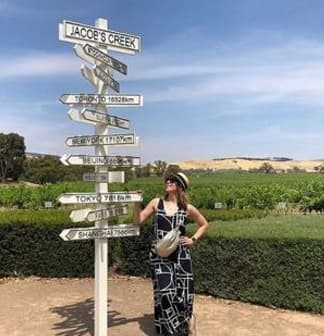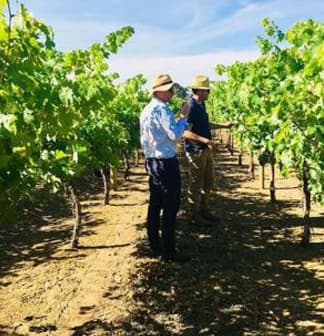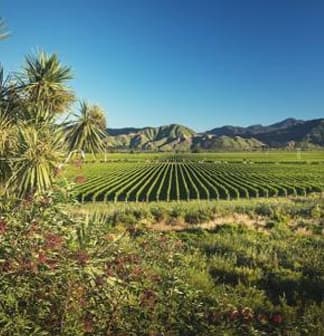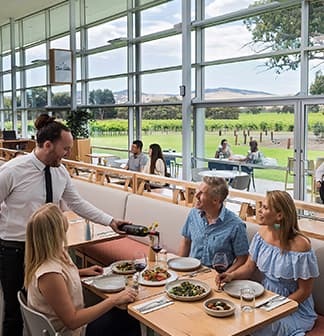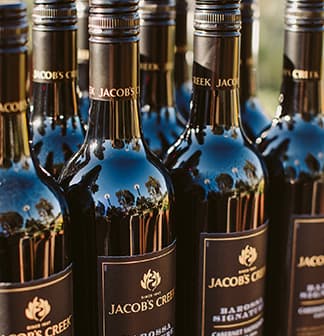Women are making their mark in the Rioja wine business. Here are four examples of outstanding winemakers and company managers.
In Rioja, winemaking, management, sales and marketing have traditionally been almost exclusively a man’s world. However, women in Rioja have broken through the glass ceiling and currently make several of Rioja’s most iconic brands as well as manage some of the most prestigious estates.
Elena Adell (Pernod Ricard Winemakers Spain)
“Campo Viejo was built as a sustainable winery, even though 25 years ago, no one talked about sustainability.”
Adell is the Chief Winemaker at Pernod-Ricard Winemakers Spain, with total responsibility at the group’s three Rioja wineries: Bodegas Campo Viejo, Bodegas AGE and Ysios, as well as Bodegas Tarsus in Ribera del Duero.
She is an Agronomist Engineer with 37 years of experience in Rioja. When we asked her what changes she has seen in Rioja during this time, Adell was clear. “There have been many technological advances in winemaking, but above all in viticulture. When I started working here, there were no winemakers in Rioja vineyards. People thought that work began in the winery. Today vineyards are the key. We manage some 7500 hectares of vineyards all over the region, around 11% of the total vineyard area in Rioja. We have an intimate knowledge of Rioja vineyards and we put that knowledge to work in our winemaking philosophy.
Our way of working, however, is the same for Campo Viejo, where we vinify around 16 million kilos of grapes, as it is at Ysios, where we work with 150.000 kgs of grapes. Control, rigor, and attention to detail are exactly the same.”
The current Campo Viejo winery, built on a hill on the outskirts of Logroño, is a model of sustainability, although no one at the time used the word. The winery is mostly underground, covered by native plants to blend into the surroundings. Inside the winery, energy consumption is kept at a minimum, with energy, water and waste reduction working groups measuring output against goals.
Says Adell, “In our vineyards, we strive to farm with minimal intervention. We test techniques in our own vineyards to show the growers whom we work with that they can grow grapes in a minimally invasive way. Our goal is for all the grapes to arrive at our wineries with zero residue.”
When we asked Adell about the current state of affairs in Rioja, she was clear. “The wine trade is under threat globally. Consumption in the best of cases is stable and it seems that there is a global movement to demonize the consumption of alcoholic beverages. Wine is different, with an important cultural component. I remember when I was young, there would always be a glass or two with a meal, just like there was a bowl of fruit, vegetables, meat, or fish on the table. Wine in moderation is healthy.”

